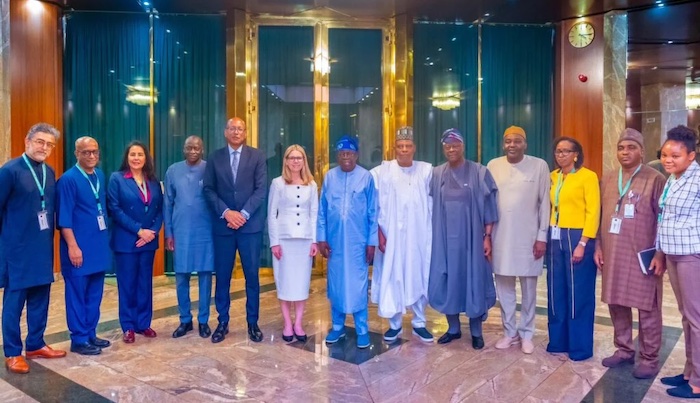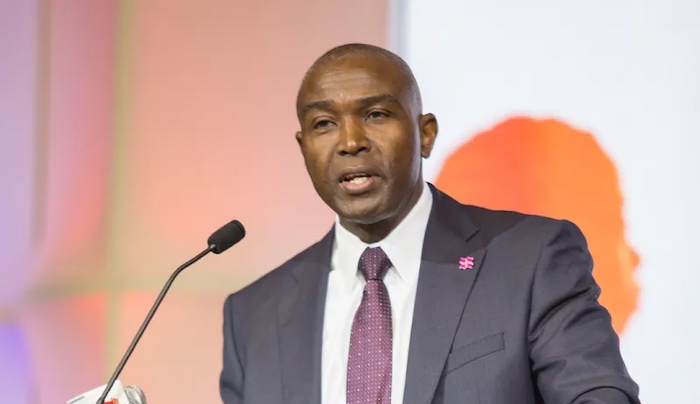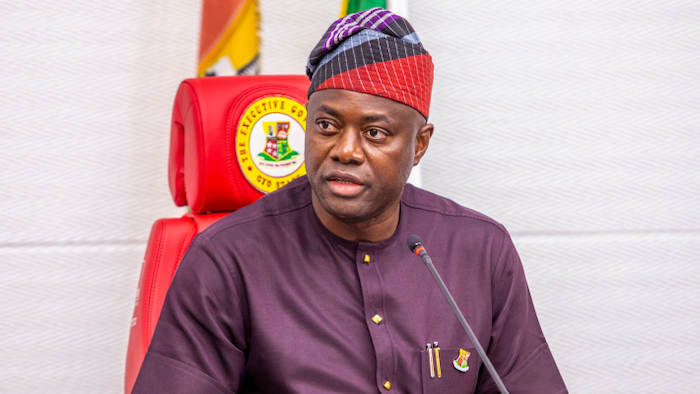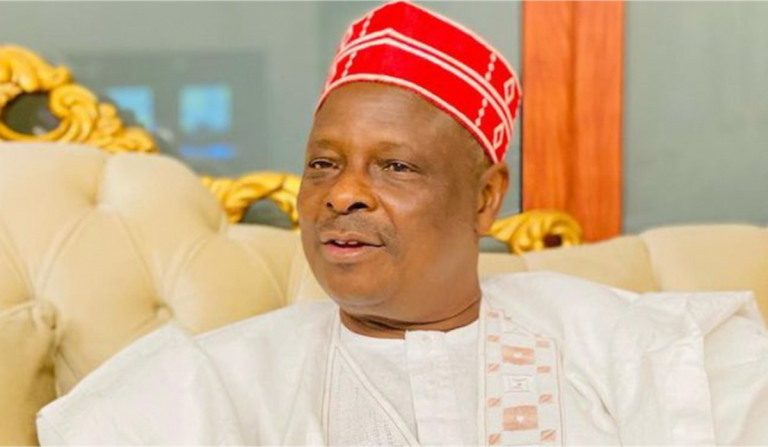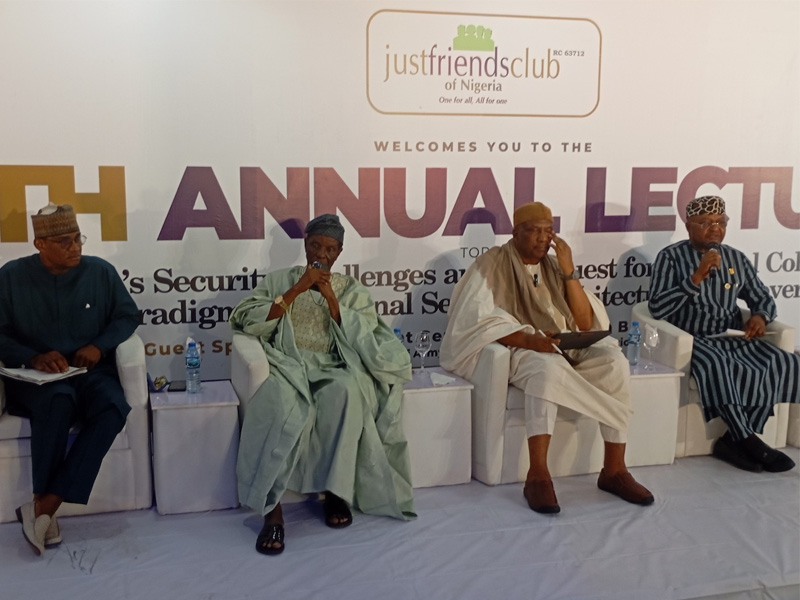
Former Chief of Army Staff, Lieutenant General Abdulrahman Dambazau (rtd), has raised concerns that the United States President Donald Trump may be seeking an opportunity to establish a military base in Nigeria, warning that such a move could serve America’s strategic interests rather than Nigeria’s security priorities.
Dambazau made the observation while delivering the keynote address at the 7th Annual Public Lecture of the Just Friends Club of Nigeria (JFCN) in Abuja, where he spoke extensively on Nigeria’s security architecture, governance failures, and the need for comprehensive reforms in the sector.
According to him, the recent statements credited to Trump, declaring Nigeria a “Country of Particular Concern” and hinting at possible U.S. military operations to “defend Nigerian Christians,” should be approached with caution.
“Donald Trump has declared Nigeria a Country of Particular Concern and has given the U.S. Department of War directives to prepare for possible operations to defend Nigerian Christians. I think the U.S. is looking for an opportunity to establish an alternative base in Nigeria — a country known to protect only its interests by any means possible, including the use of force,” Dambazau warned.
He further regretted, “Unfortunately, they have willing partners in Nigeria.”
The former army chief questioned the motives behind such plans, noting that despite the U.S. maintaining military bases in Niger for over a decade, it had done little to prevent the spread of terrorism across the Sahel region.
He urged Nigerians to resist divisive narratives that portray the nation’s complex insecurity as a religious war, arguing that both Christians and Muslims have suffered equally from the violent acts of insurgents, bandits, and other armed groups.
“Terrorists, secessionists, militants, and insurgents attack individuals and communities regardless of their faith or ethnicity,” he said.
Dambazau also lamented the lack of national cohesion in Nigeria’s response to terrorism and criminal violence, noting that religious and ethnic sentiments continue to fragment the country’s collective security efforts.
He cited examples of deadly attacks on mosques and Islamic clerics in the North to debunk claims of “Christian genocide” in Nigeria, insisting that insecurity affects all Nigerians regardless of creed or tribe.
“Within the last two weeks, worshippers in various mosques in Borno, Zamfara, and Katsina have been gunned down while praying. Thousands of Muslims in the North-East and North-West have been killed, wounded, and displaced. How then do we explain the narrative of Christian genocide?” he asked.
The retired general emphasised that only a unified national approach—rather than sectional narratives—could effectively tackle the country’s security challenges.
In his wide-ranging presentation, Dambazau also examined why Nigeria’s security threats have persisted despite increased investments.
He attributed much of the problem to poor governance, corruption, and weak institutional oversight, which have undermined the effectiveness of the country’s security agencies.
He noted that Nigeria’s global governance rankings paint a bleak picture, citing recent international indices that placed the country among the lowest in transparency, rule of law, and institutional effectiveness.
“Our perception of security is often limited to kinetic investments—bullets and boots—while neglecting non-kinetic dimensions such as social welfare, justice, and human development,” he observed.
Dambazau therefore called for a complete overhaul of Nigeria’s internal security architecture, advocating a shift from military-centric responses to a community-driven, intelligence-led, and technology-supported model.
He recommended reforms that would enhance inter-agency coordination, improve accountability, and integrate human security into national policy.
“We cannot depend solely on the military to solve Nigeria’s security problems. Security must be viewed as a whole-of-society responsibility, involving communities, civil society, and government institutions working together,” he said.
The ex-army chief concluded his address with a call for renewed patriotism and unity among Nigerians, warning that continued division along ethnic and religious lines would only embolden violent non-state actors.
Linus Aleke
